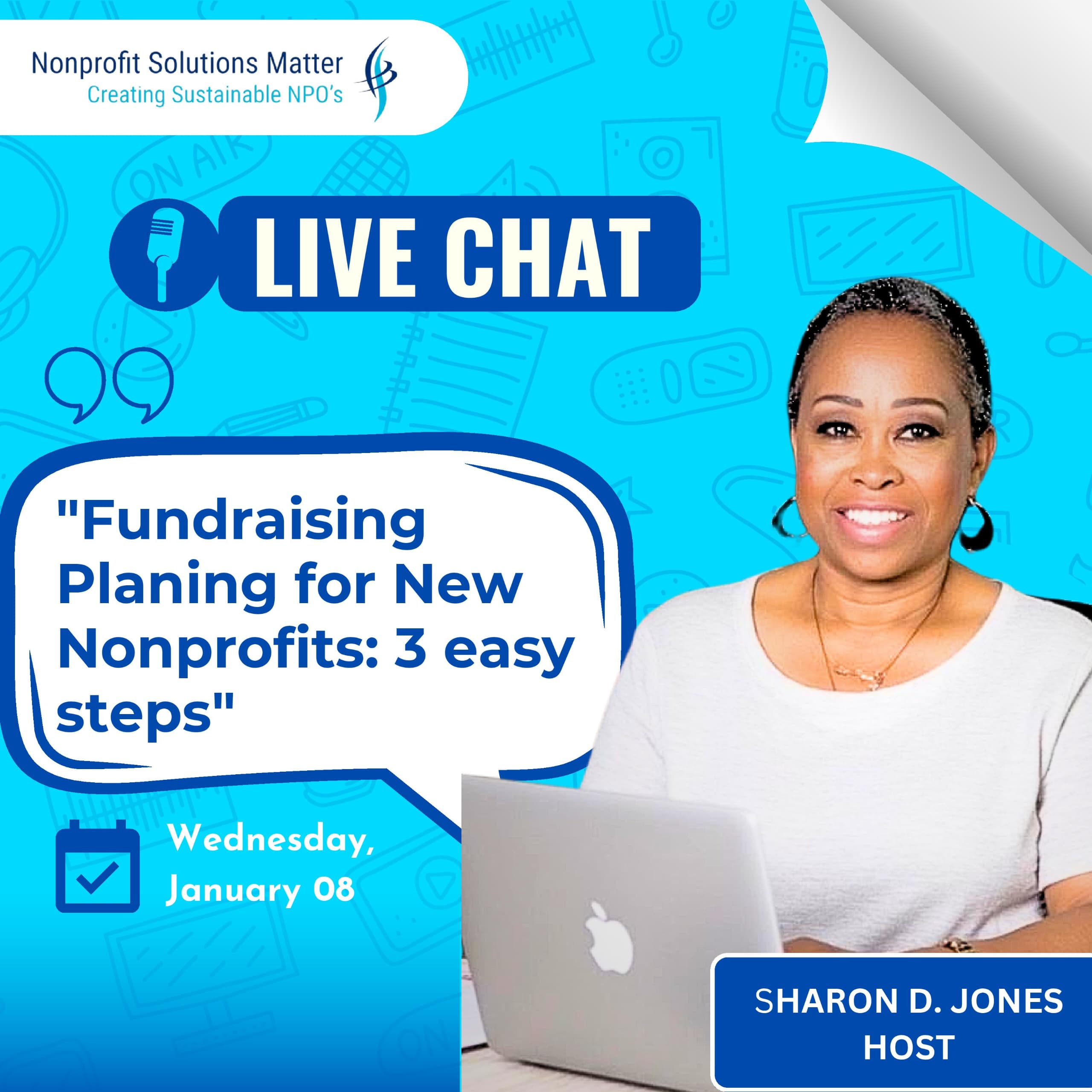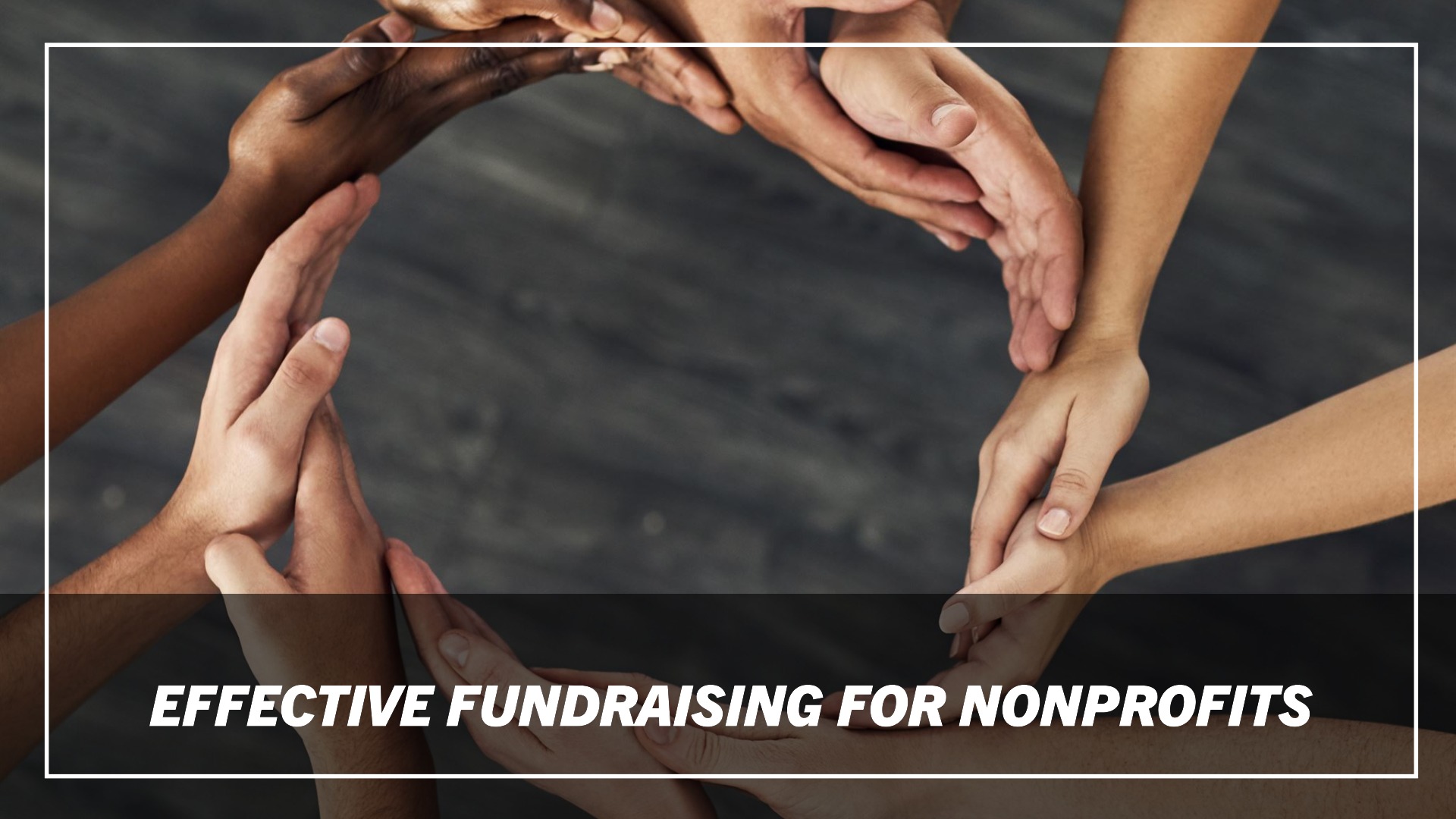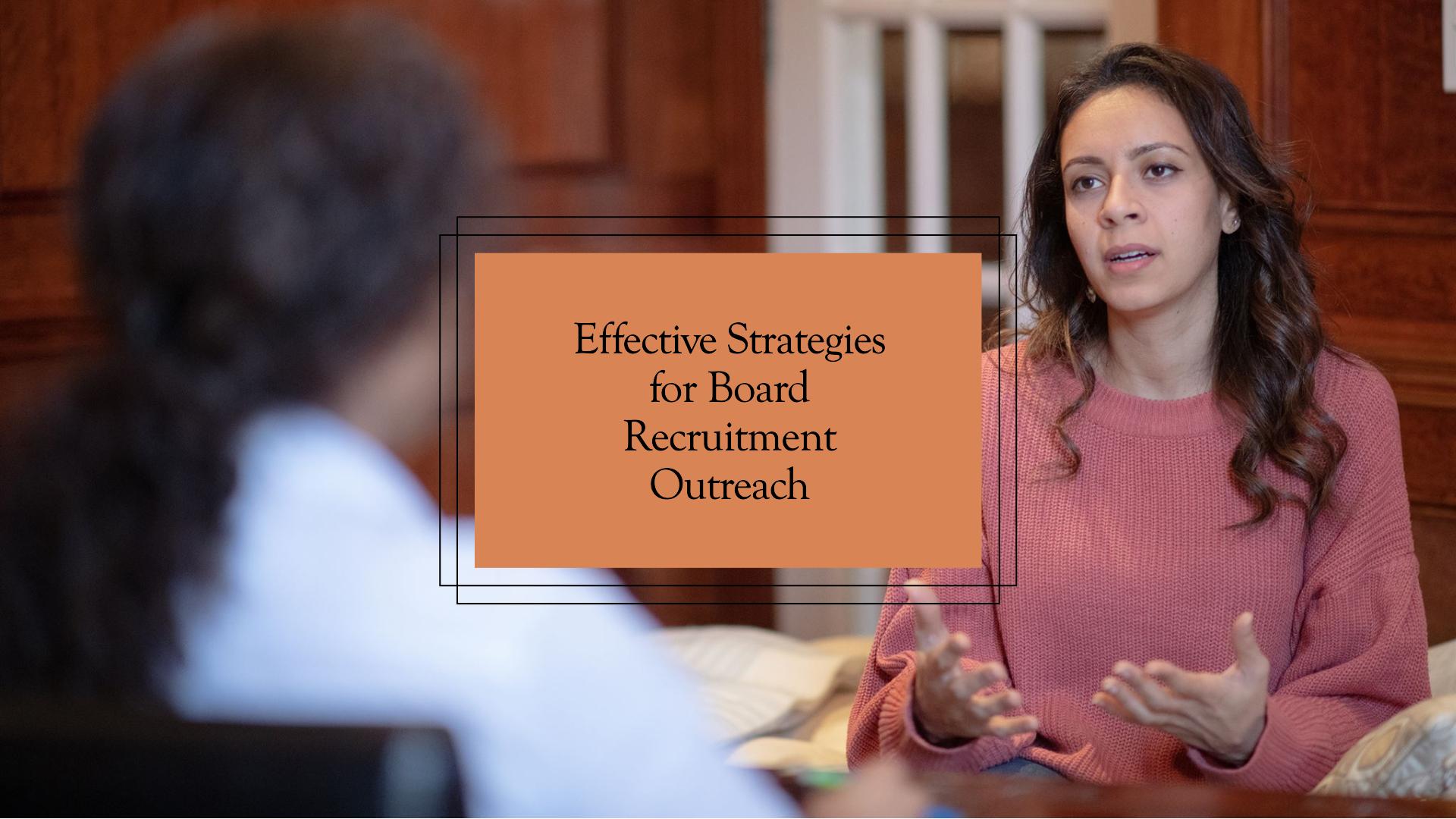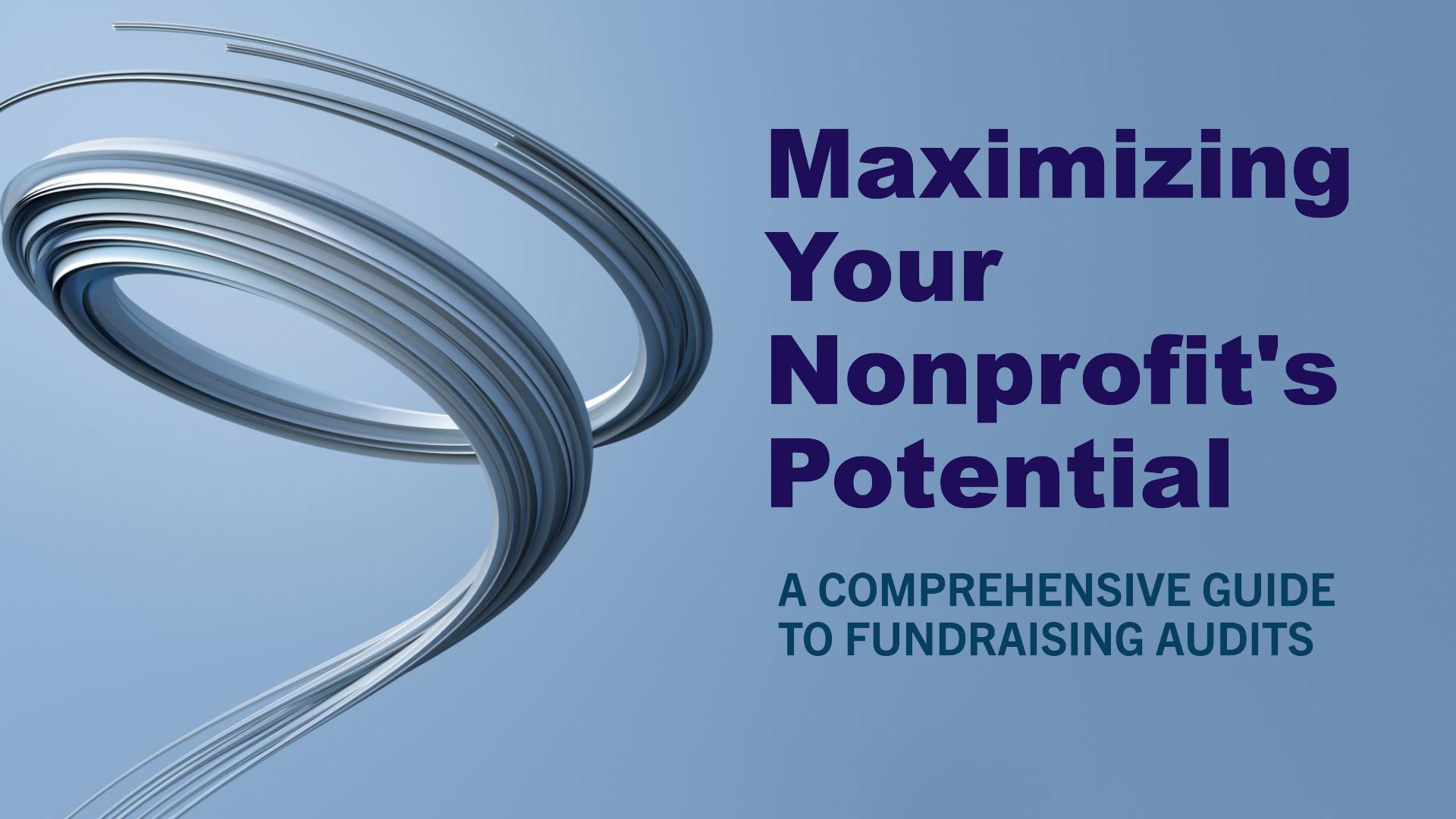How to Identify Corporate Funders for Your NPO
Good morning, everyone!
Last week, I had a conversation with a nonprofit founder who asked me, "How do I identify corporate sponsors to approach?" She understood the value of corporate funding and how it's a great way to secure unrestricted funds, but she wasn't sure where to start in finding potential funders. So, today I decided to share some insights based on my experience in the corporate funding space. These strategies have helped me and others identify corporate funders for specific organizations.
First, let's acknowledge that not every business is going to sponsor your nonprofit—you likely already know that. But how do you find the ones who will? Once you identify them, you can tailor your message and increase your chances of success. The more specific you are, the more effective your fundraising efforts will be. I'll walk you through 10 to 12 steps that I use to find corporate sponsors, and I believe that if you follow these, you'll be able to identify and reach out to potential sponsors to raise funds for your organization.
1. Mission Alignment
Start by considering your nonprofit’s mission. What is your mission, and which companies align with it? This is often the first step, and most people are already familiar with this approach. Identifying businesses that share your mission is a good place to start, but it's not the only way to find corporate funders.
2. Program Alignment
While mission alignment is important, don't overlook program alignment. Your nonprofit might run specific programs that appeal to different sectors. For example, if your mission is to support STEM education for young students, you might have a program focused on tech education. This opens the door to tech companies that align with that particular program, even if their broader mission differs from yours.
3. Community or Location Alignment
Look for businesses in your community or region. If your nonprofit is based in Chicago, for instance, find local brands that might want to support initiatives in their area. It's often assumed that national corporations fund national nonprofits, while local businesses fund local ones, but that's not always the case. You can still explore opportunities from outside your community, but location-based alignment can give you an edge.
4. Value and Benefits to Corporate Sponsors
Consider the specific value or benefits you can offer potential corporate sponsors. For example, if your organization provides exposure to a specific audience, like residents of Chicago, that’s a valuable marketing opportunity for businesses wanting to reach that demographic. Tailor your outreach by highlighting the benefits you can provide, such as brand exposure or access to specific communities.
5. Current Business Relationships
Think about the businesses you already support or interact with regularly. Are you a loyal customer to certain companies? If so, you might already be on their radar, making them more likely to support your nonprofit. Your established relationship could serve as a strong foundation for sponsorship.
6. Google Search Strategies
Use Google effectively by searching for corporate social responsibility (CSR) funding in your region or field. Use specific keywords, like "corporate funding for nonprofits in Chicago" or "CSR grants for healthcare nonprofits." This can help you discover companies actively offering funding in your area.
7. Board Members' Networks
Leverage the networks of your board members. Many of them have connections to businesses or corporate leaders. Some board members may even be business owners or executives themselves. By tapping into their circle of influence, you can unlock potential sponsorship opportunities.
8. Policy Alignment
Consider policy alignment when seeking corporate partners. Some companies have strong stances on political or social issues, like abortion or gun control. Make sure the businesses you approach align with your nonprofit's values and policies, as this can impact the success of your partnership.
9. Businesses Supporting Other Nonprofits
Research businesses that are already sponsoring nonprofits. You can either approach these companies directly or target their competitors, suggesting they also get involved to maintain a competitive edge.
10. Known Community Givers
Look for businesses that are known for giving back to the community. These companies often have a strong interest in supporting local initiatives and may be open to sponsoring your nonprofit.
11. Grant Databases
Make use of grant databases, such as grants.gov or other corporate funding databases. These platforms frequently post corporate funding opportunities. You or your team should regularly monitor these databases to identify new funding opportunities.
12. Local Business Networks and Chambers of Commerce
Engage with your local business community through your Chamber of Commerce or other business networks. These organizations can provide valuable information about which companies are funding nonprofits in your area, and they may even facilitate introductions to key decision-makers.
Once you've identified potential corporate funders, reach out to their Corporate Social Responsibility (CSR) departments to inquire about funding opportunities. Always ensure that you present a compelling case for why they should fund your nonprofit, emphasizing the value you bring to the table. Additionally, consider networking with key executives—like the CEO or CSR director—on platforms like LinkedIn to build relationships and trust.
I hope these strategies help you take action and start identifying corporate sponsors for your nonprofit. Don’t sit on this valuable information—start today! I’m excited to see how your nonprofit grows and thrives. Until next time, take care and keep pushing forward.
Rooney Akpesiri, VP, Client Services, Solutions Matter LLC
Schedule A FREE CONSULTATION: https://calendly.com/solutionsmatter/freeassessment























































